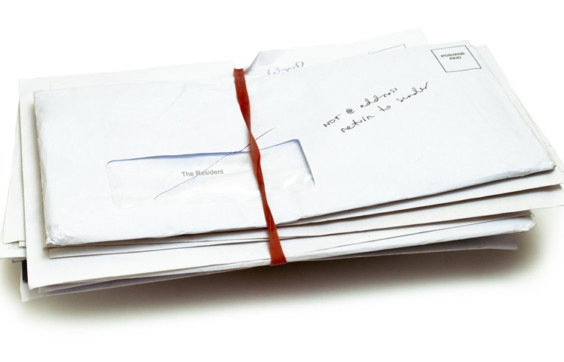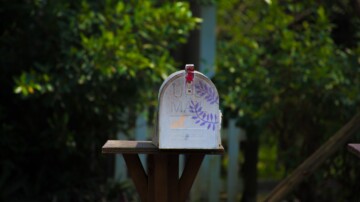Data Hygiene: Is a bad address costing your organization?

When I was in college, I decided to prolong my time by staying put the summer between my junior and senior year with a group of friends. If any of you who are reading this ever lived in your college town during the summer, you know what I mean by saying, “it was simply great!” You had the college experience without necessarily feeling the burden of a full class load and not to mention there were unlimited parking spaces, which was a miracle!
We all ended up taking a few classes and picking up odd summer jobs or internships. I decided to continue my routine college job of working in the office for Development and Alumni Relations. The summer was spent getting organized and planning for the following year among other things.
I will never forget the day when I was asked to assist with a “small data cleanup” project. I made my way to the second floor of the building where the archives were kept. My duty for the week was to mill over local and state newspapers for obituaries, clip them and document accordingly in the alumni database. I couldn’t help thinking to myself, what if something were to happen to this building and all of this work and history would be instantly lost? I spent the entire week updating deceased information and addresses. In the grand scheme of things, that week didn’t even put a dent into what needed to be done to clean up constituent data.
According to the National Change of Address through the United States Postal Service, nearly 40 million Americans move annually, roughly 15% of our population. The house I’m renting has had at least a dozen past residents and each time I receive a magazine or solicitation piece sent from a nonprofit they were involved with, all I can see is dollars wasted on my table.
When you take a step back and think about #1, the fee of returned mail #2, the employee who spends hours updating mailing addresses after each appeal and #3, the hassle and cost of mailing out a new piece… none of that adds up to the missed opportunity and donation you could have received in the first place.
Screening your database through proactive services like NCOA and DeceasedRecordFinder is much more cost and time efficient rather than researching via White Pages, Google or clipping out obituaries one by one. Updates can be performed seamlessly and you eliminate data entry error.
Moving forward, you can foster more meaningful relationships by keeping in touch with your donors. You can create an opportunity with tribute or memorial gifts and avoid being caught off guard with the unfortunate circumstance of reaching out to family of a loved one who has passed. There are several services out there specifically for nonprofit organizations that aid in taking a proactive approach with keeping your database up to date and avoiding the money pit of outdated data.


